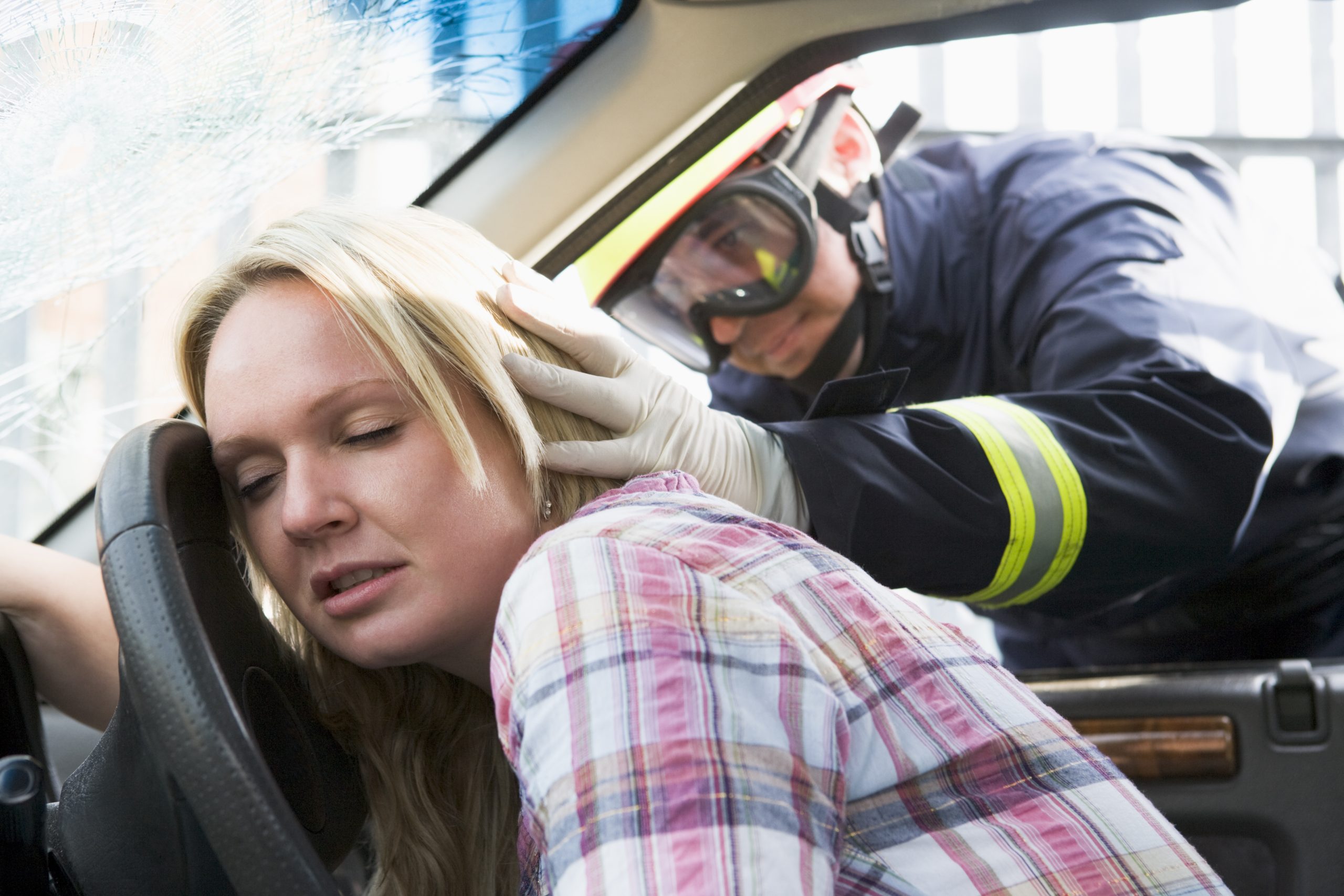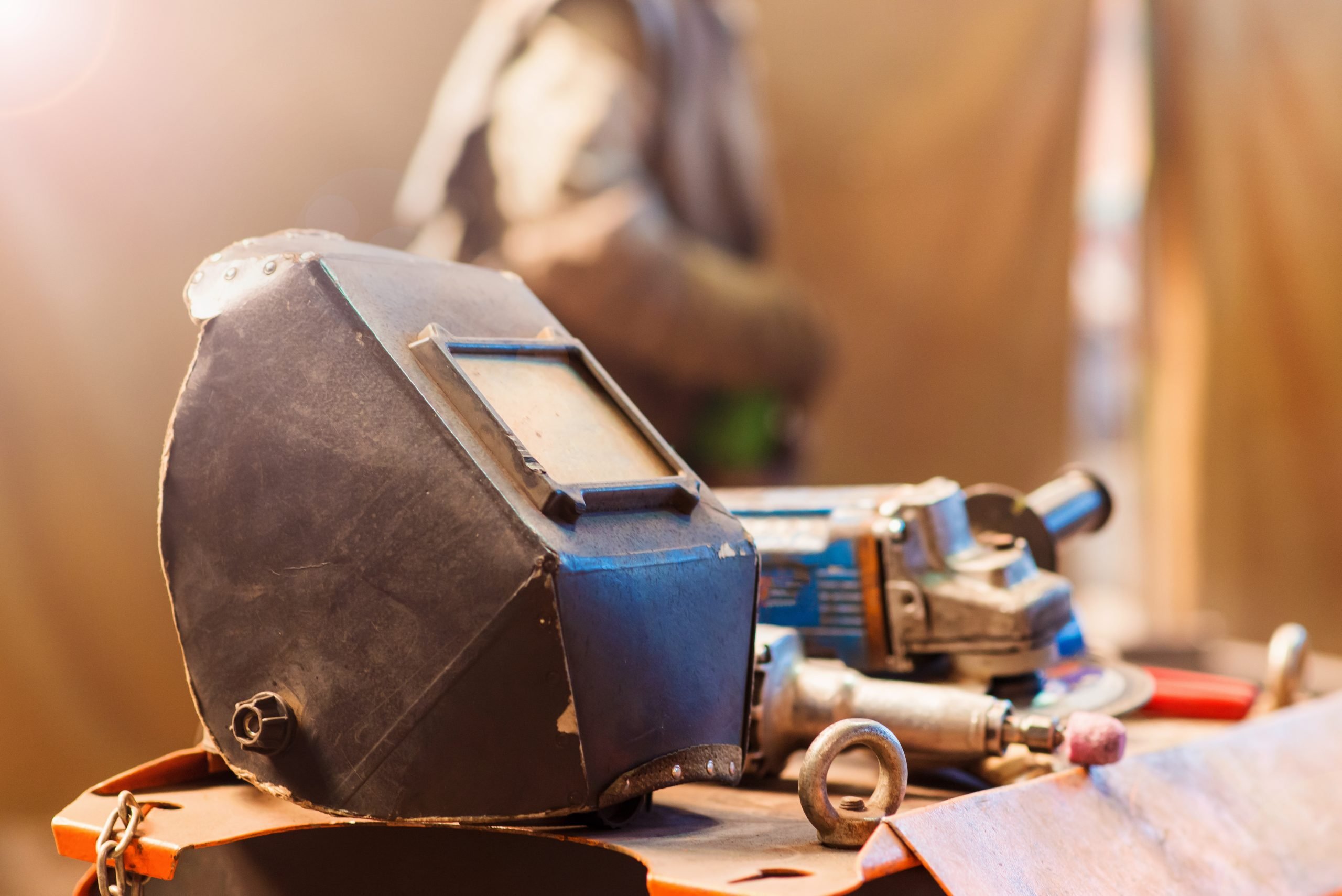As the saying goes, “failing to prepare is preparing to fail.” When disaster strikes, being prepared can mean the difference between life and death. In this blog post, we will cover some essential health and safety tips for surviving any emergency situation.

First Aid and Health in Survival Situations
In an emergency situation, it’s crucial that you have a first aid kit on hand. This should include bandages, antiseptic wipes, pain relievers, and any necessary medications. It’s also important to stay hydrated by drinking plenty of water and eating nutritious foods when possible. If someone is injured or ill, make sure they are taken care of immediately.

Safety Measures for Natural Disasters
Depending on where you live, there may be specific natural disasters that require additional precautions. For example, if you live in an area prone to hurricanes, you should have a plan in place to evacuate quickly and safely. If you live in an earthquake zone, make sure your furniture and belongings are secured properly so they don’t fall and cause injury during an earthquake.
Self-Defense to survive any emergency situation
Unfortunately, emergencies often bring out the worst in people. You may find yourself in situations where you need to defend yourself from others who are desperate or dangerous. Learning basic self-defense techniques like karate or jiu-jitsu could save your life one day. Additionally, carrying a personal alarm or whistle with you at all times can help alert others to danger and scare off potential attackers.
Preparing your Home and Family for Emergencies
It’s essential to have a family emergency plan in place before disaster strikes. Make sure everyone knows what to do and where to go in case of an emergency. Practice drills regularly so that everyone feels confident in their roles. Also, make sure your home is equipped with supplies such as flashlights, extra batteries, and a backup generator (if possible). Finally, consider investing in a fireproof safe to store important documents like passports, birth certificates, and insurance policies.
Conclusion
Emergencies can happen anywhere, anytime. By taking these simple steps to prepare, you can increase your chances of survival and keep your loved ones safe. Remember, prevention is key!